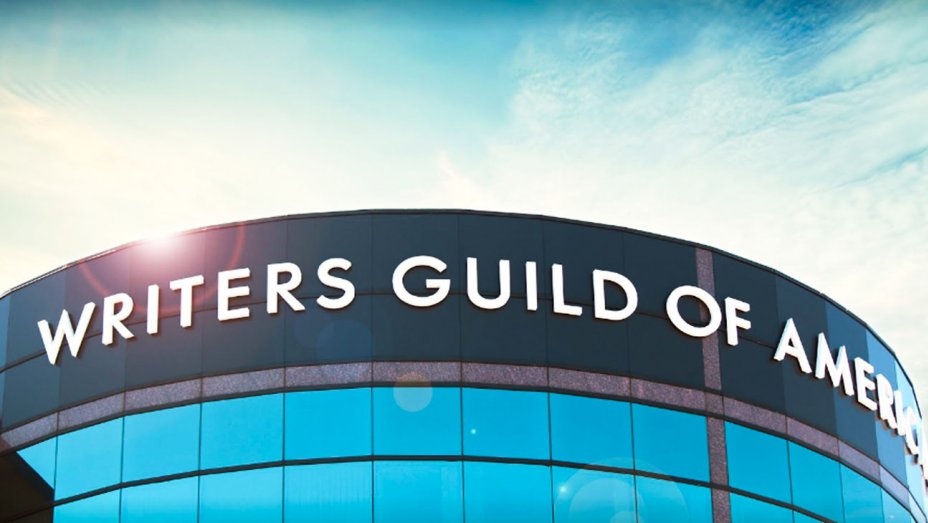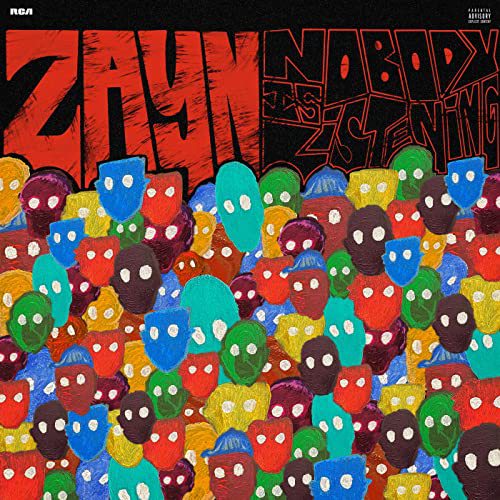The Writers Guild of America shocked thousands in a ripple wave of anger and mistrust, after negotiations over the general contract between writers and their agents, which has been in effect for 43 years, was modified.
“With talks stalled ahead of a midnight deadline, the WGA sent its 13,000 writers an email with instructions to notify their agents in writing that they cannot represent them until signing a new code of conduct,” The National Public Radio says.
Even after acknowledging that the drastic change would lead to disorientation, the WGA insists that the change was necessary. The change stems from the complaint filed by the writers in regards to their agents. The writers feel that their agents earn more than they do, and even hinder opportunities for the writers to be compensated more than their current salary. It has gone on long enough to start affecting production “at a time when the major broadcast networks are typically staffing up for their fall lineups”, NPR reports. In turn it could potentially lead to jobs becoming vacant.
“This whole fight is really about the fact that in a period of unprecedented profits and growth of our business … writers themselves are actually earning less,” said David Goodman, the president of the Writers Guild of America West.
On the opposite side of the debate stands The Association of Talent Agents, the organization that represents the agents in the film and television industry. So far they have promised “more transparency” in the process of producing a film or a television show. In addition, they promised several exceptions, “including a chance to share 80 percent of a percentage of their profits when packaging fees for a television series are involved.”
While the offer seems polite, the Guild calculated that the said “percentage” only turns out to be “0.8 percent of the money agents make from packaging fees.” Thus began the feud between the two companies. ATA promised to pay $6 million over the course of six years in an effort to “foster a more inclusive environment” for their writers. Meanwhile, executive director Karen Stuart outrightly pointed a finger at WGA, saying “Friday’s failure was driven by the Guild’s predetermined course for chaos.” Ultimately, she added, the artists will be hurt.
Goodman fired back that the ‘artists’ are already hurt, and that they were dealt “a ridiculous offer given the fact that the writers are the reason that any television show succeeds.”
As for now, the writers were told that they are permitted to turn to their lawyers or managers to handle the messy business at hand.
“Lawyers for the ATA threatened to sue the guild, contending that the union was violating California and New York licensing laws,” the NPR said. As part of its argument, it said in a letter that the union “cannot delegate authority it does not have.”
While it may seem as though this series of back-and-forth remarks have only recently started, Goodman says that the WGA has been pushing for change since the seventies.
“People are saying this is an unprecedented move, but it isn’t in the sense that 43 years ago we tried to get rid of packaging and we failed and now it’s gotten much worse,” he said.














